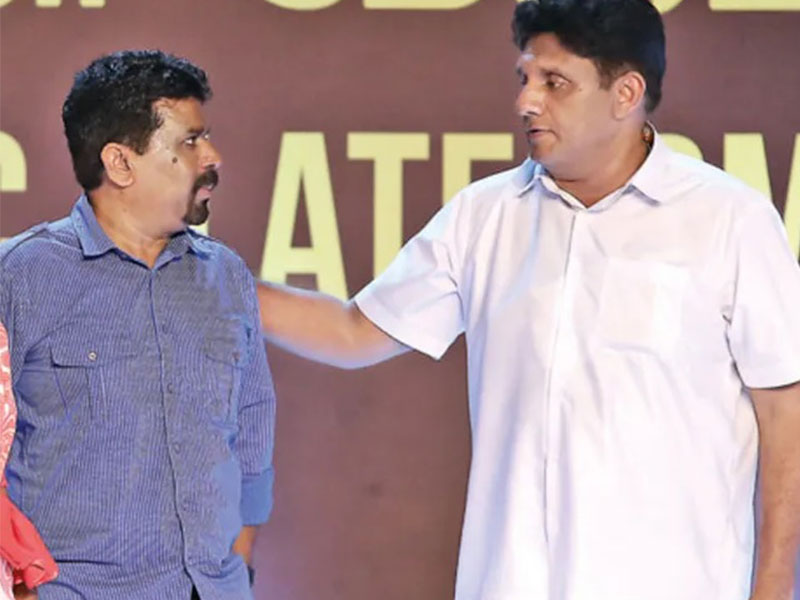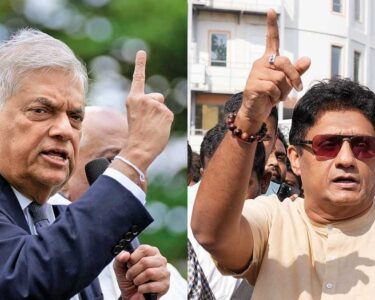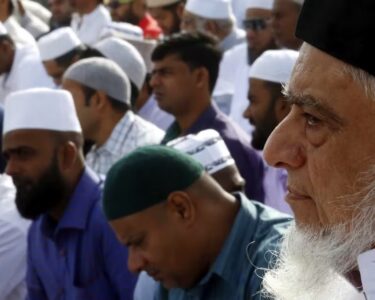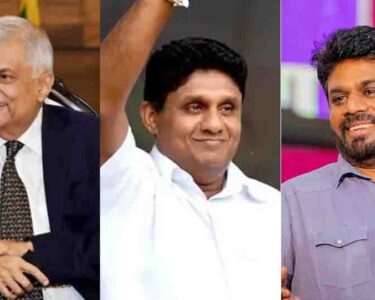In the lead-up to crucial presidential elections and the possibility of early parliamentary polls in Sri Lanka, the political landscape is experiencing a seismic shift, with the incumbent Ranil Wickremesinghe facing discontent over the ongoing economic crisis. While the temptation to delay elections looms large, it poses risks amid public dissatisfaction and concerns about potential Rajapaksa influence.
Amidst this uncertainty, Anura Kumara Dissanayake of the Janatha Vimukthi Peramuna (JVP) emerges as a potential challenger, advocating for systemic change. However, his rhetoric, centred around the need for a “systems change,” lacks the concrete details necessary to assure voters of its feasibility.
The existing political parties, including Wickremesinghe’s, seem entrenched in traditional approaches, focusing more on navigating IMF negotiations and conditions than offering innovative economic solutions. This raises concerns about the possibility that Dissanayake’s “new” may be nothing more than a repackaging of the “old” political system.
Sri Lanka finds itself in a déjà vu situation, where the promises of change from new faces may ring hollow to the average citizen. The burden of economic hardship and political uncertainties remains unrelenting, regardless of the political narrative.
There is a degree of irony surrounding the JVP’s reluctance to provide specific details about their proposed “systems change.” This ambiguity fuels scepticism, especially in the aftermath of the Aragalaya protests, where promises were made but not fulfilled.
The prevailing suspicion towards political assurances is palpable as the electorate grapples with the memories of unmet promises from the past. As the focus shifts towards IMF loan conditions, it underscores the economic dominance of external factors in Sri Lanka’s current predicament.
In the end, the forthcoming elections will present a pivotal choice for Sri Lankan voters: continue with the status quo or embrace genuine change. Dissanayake’s ability to convince the electorate that his vision represents a departure from the old rather than a mere rebranding remains a key challenge in a landscape defined by uncertainty and skepticism







